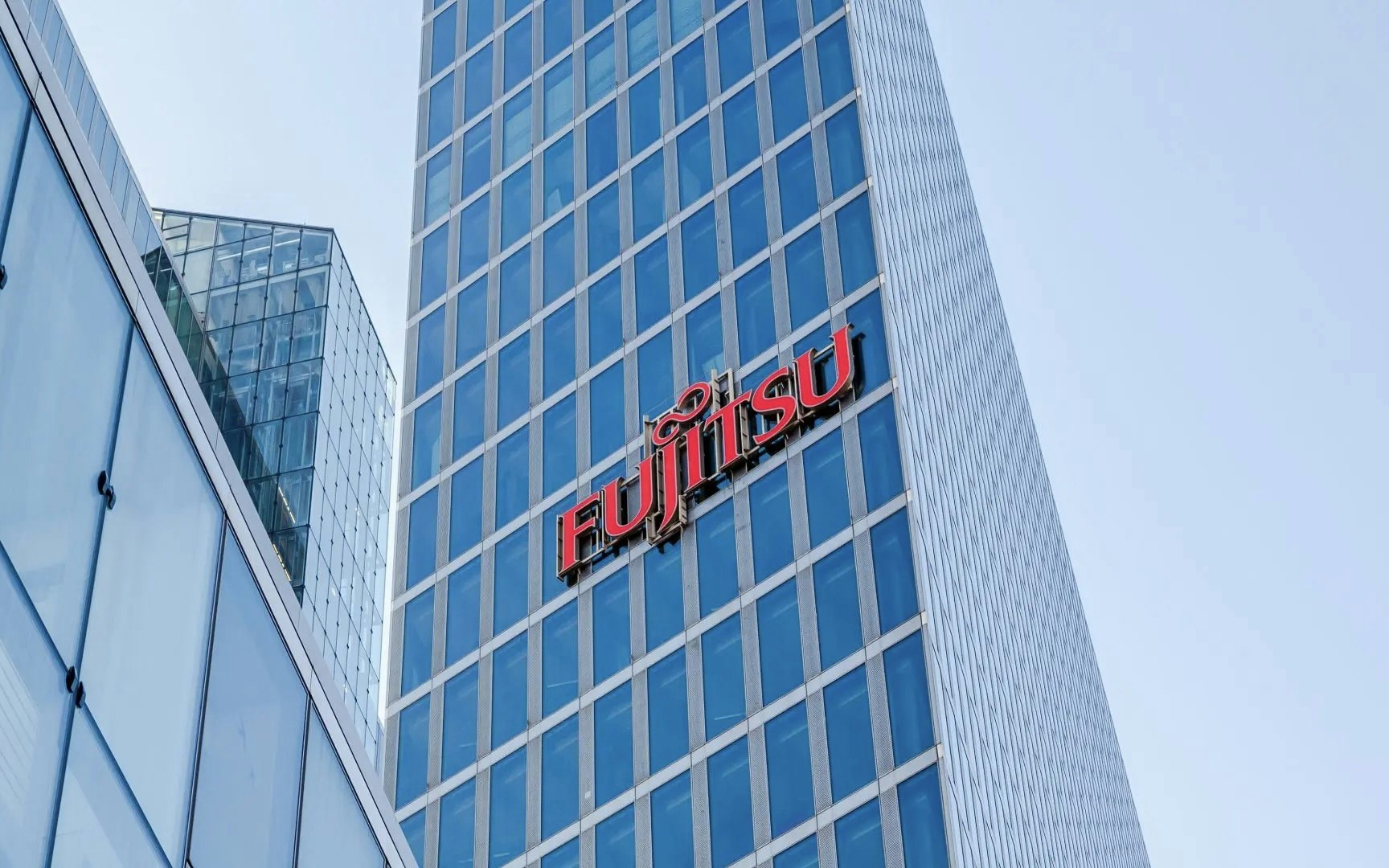AI
Growing AI energy demand poses risks for power grids - Fujitsu sees business potential
Fujitsu announces a chip designed to save 90 percent of energy in AI computing processes, placing the company in direct competition with a major technology firm.

Fujitsu promises an innovative AI chip that is expected to greatly reduce energy consumption, targeting an important market for tech giants. With the rapid growth of the AI sector, the downside of high energy consumption in data centers also emerges. Fujitsu aims to counteract this by developing a semiconductor called Monaka, based on TSMC's latest two-nanometer process technology, set to be released to the market by 2026. According to Fujitsu, this chip only requires one-tenth of the energy compared to previous models with larger structures.
The applications of generative AI such as ChatGPT are currently one of the biggest growth areas in the chip industry, enabling text understanding, writing, and logical reasoning. Big technology companies such as Amazon, Google, Microsoft, and Chinese companies like Tencent and Baidu are investing rapidly in data centers to train their AI systems. However, with rapid growth, concerns about a possible power shortage also arise. Tesla founder Elon Musk warns that together with the sales push for electric cars, AI could disrupt the energy strategies of industrialized countries.
Other experts share these concerns as well. The Chief of the Mobile Network at Softbank, Junichi Miyakawa, emphasized at a strategic conference that enough energy must be provided to enable the coexistence of humans and AI. In an extreme scenario where current systems rapidly evolve into general AI and take on a massive number of human thinking tasks, the power demand in Japanese data centers could increase 260 times between 2020 and 2030. This corresponds to an increase of 60 percent more than what the government has predicted for 2040.
To counter this challenge, data centers are already trying to save electricity, for example by reducing power during times of low demand. Semiconductor manufacturers are also working on more efficient solutions. For example, IBM has developed a chip called Northpole that combines computing power and storage and is intended to perform certain calculations more efficiently than the most advanced graphics chips. On the other hand, Fujitsu has a different market focus: high-performance computing. With the supercomputer Fugaku and its own quantum computer, which is considered the next stage of computing, Fujitsu is well positioned to offer solutions for information technology.
The new AI chip from Fujitsu, which uses only 144 cores, is smaller than its competitor IBM's chip, but is based on structures six times smaller and thus highly energy-efficient. The challenge for Fujitsu is to attack Nvidia, a graphics card manufacturer, for absolute market leadership. Graphics processors (GPUs) are usually more power-hungry than computer chips, but they are used in many applications due to their performance, such as training AI systems or calculating cryptocurrencies. However, another technology like Fujitsu's could gain importance as the market for AI applications is expected to shift from central data centers to the so-called "Edge" in the coming years, meaning machines, cars, or mobile phones.
For Fujitsu, the high energy efficiency of Monaka is an important competitive advantage as the chip was specifically developed for machine learning applications. The analyst Frank Kung estimates the market share of GPUs in data centers to be currently 72 percent, with the majority belonging to Nvidia. Nevertheless, he believes that specialized chips like Fujitsu's will continually gain importance in the coming years. AI applications are expected to shift from large centralized data centers to targeted applications in places like machines, cars, and smartphones, which will further emphasize the importance of energy efficiency. Therefore, Fujitsu's focus with Monaka is not directly on generative AI, but on a technology that recognizes patterns in large datasets, making it suitable for a variety of applications.
It remains to be seen whether Fujitsu, with its highly efficient AI chip, can challenge Nvidia's market leadership and secure a significant share of the growing market for AI applications. However, it is clear that the increasing demand for computing power for AI systems is also accompanied by high energy consumption, making energy-efficient solutions increasingly important to ensure sustainable development in this field. Fujitsu is already making a strong statement with Monaka and could become an important player in the chip industry.




